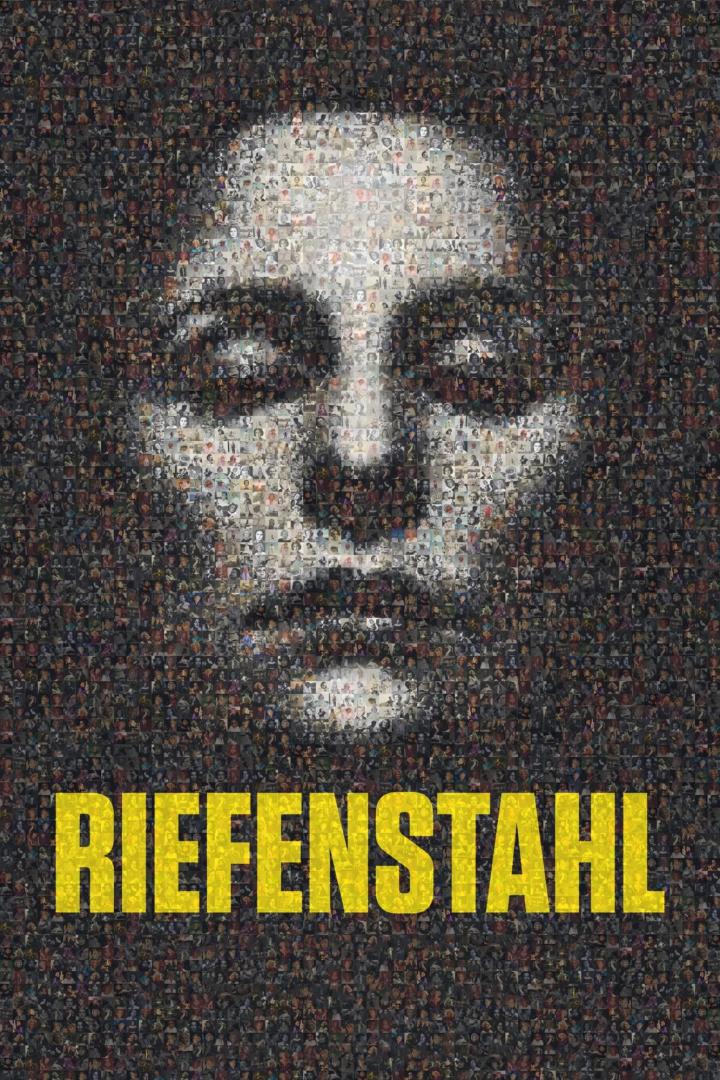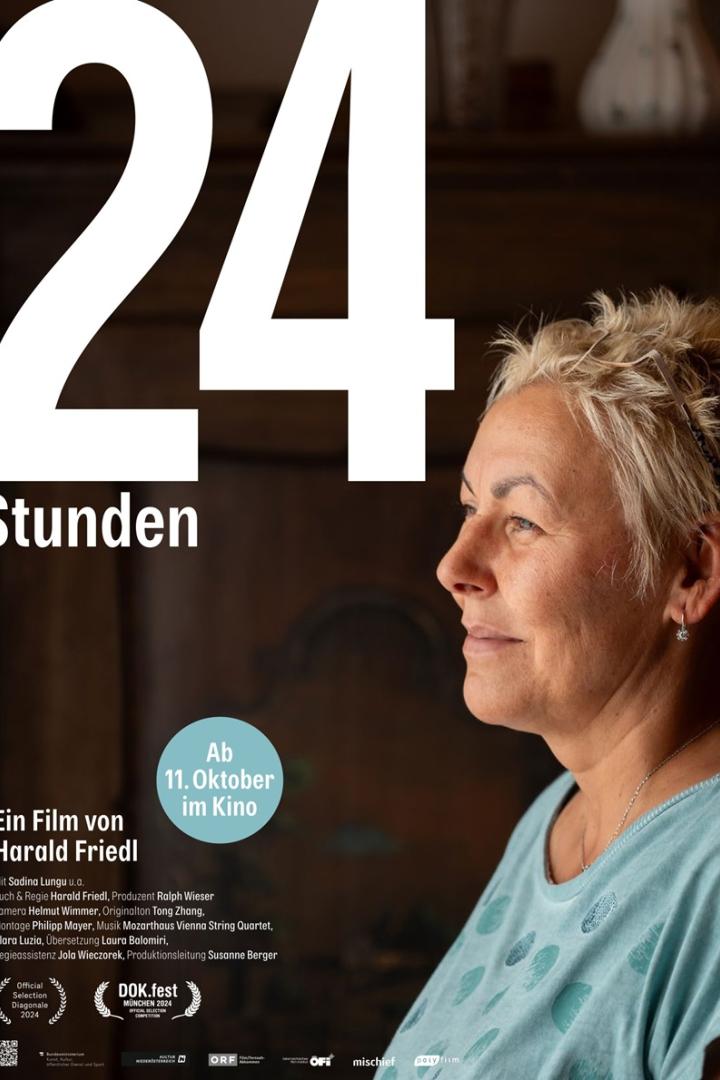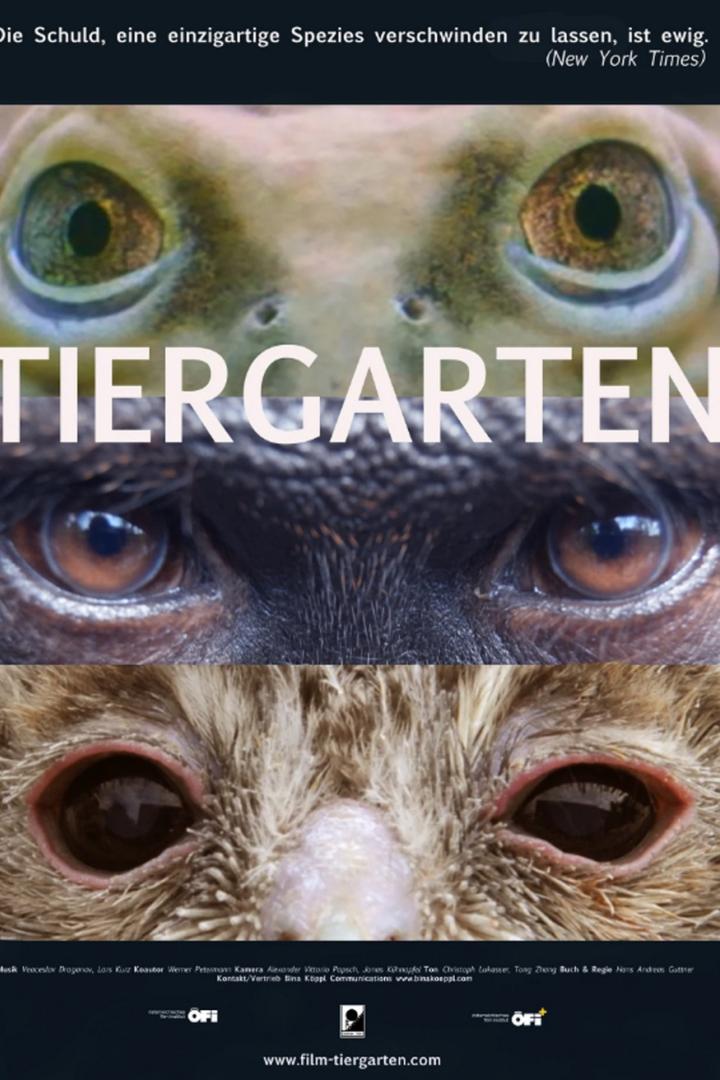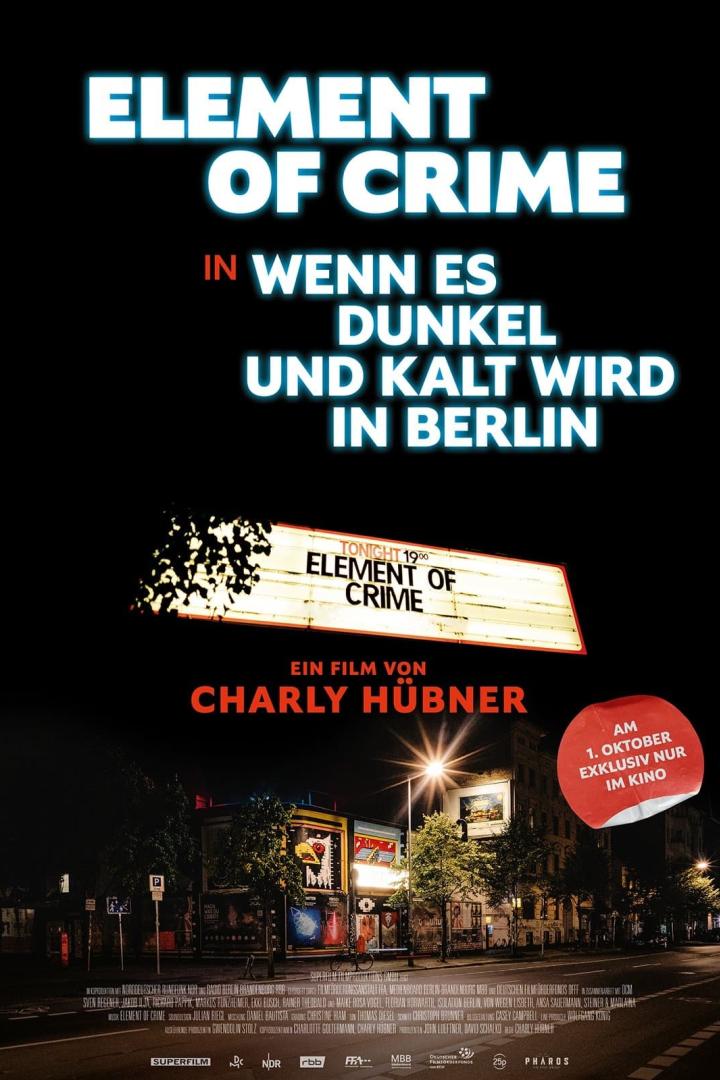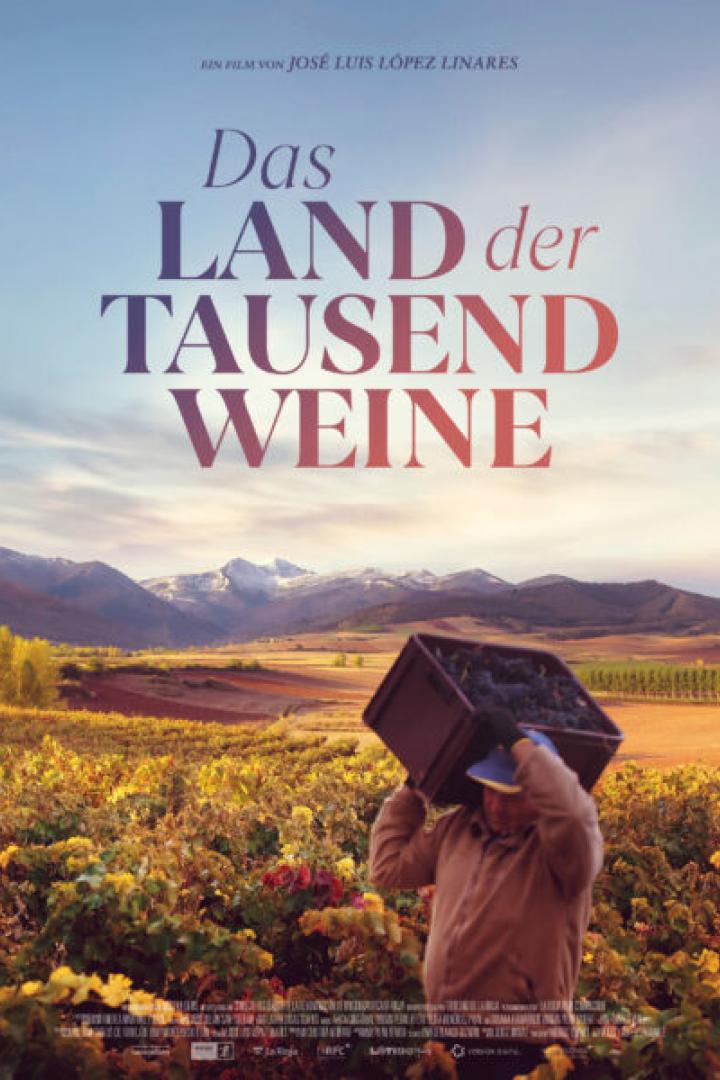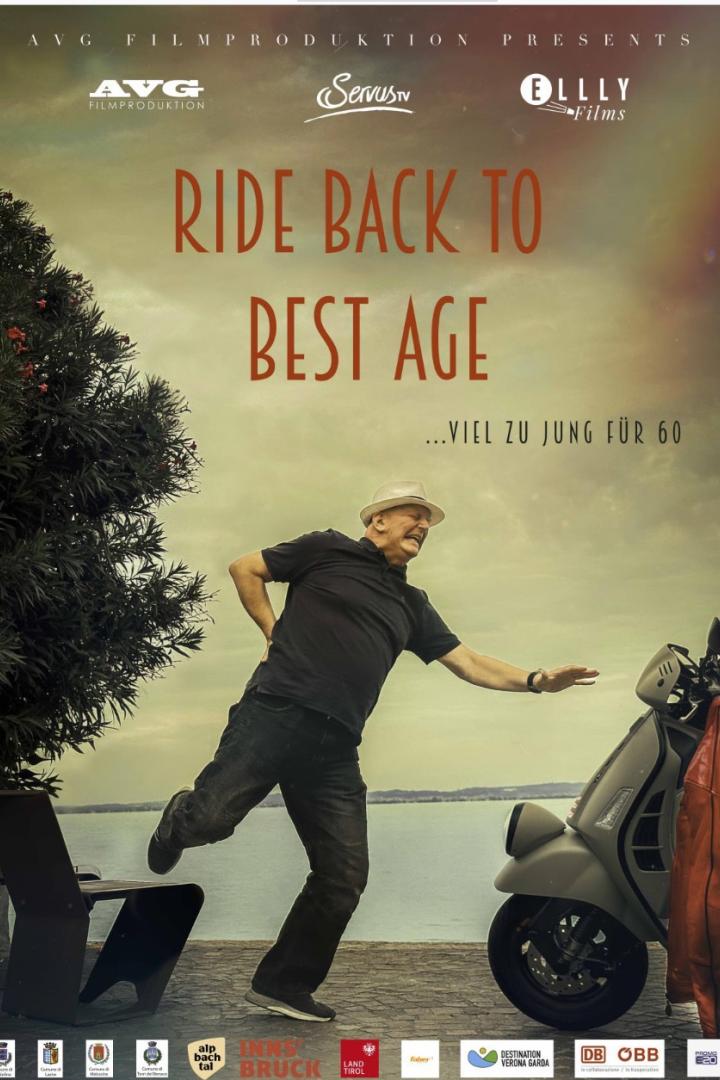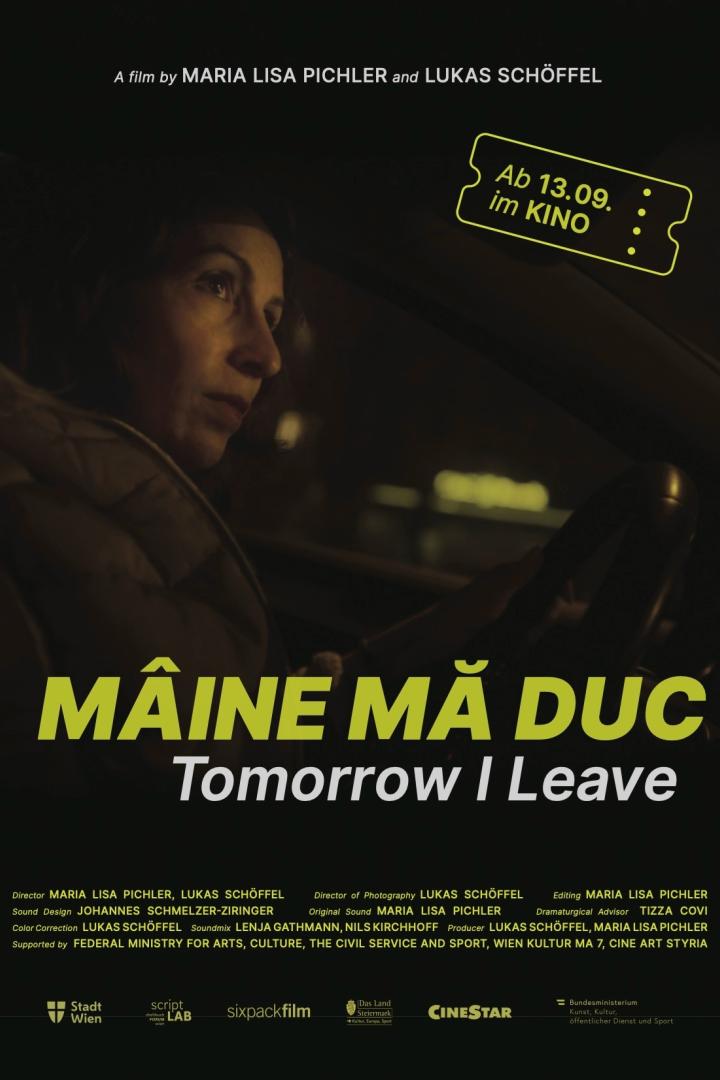Letztes Spiel von Hertha BSC. Die Fans auf dem Weg zum Spiel. Sie grölen
ihre rechten Slogans in der U-Bahn. Eine Polizeieskorte begleitet sie zum
Stadion. Unter den Polizisten ist Bürol B., 23 Jahre, ehemaliger Türke. Er sagt
später, auf der Fahrt der Mannschaft zur Herberge:"Ich verpiß mich nicht,
weil diese Leute es wollen, warum denn. Ich bin hier geboren, ich bleibe bis
zum Schluß ein Polizist, ich kämpfe für diesen Staat."
Es ist der 3. Zug der 5. Direktionshundertschaft Berlin, Kreuzberg/Neukölln.
Die Truppe ist 28 Mann stark. Darunter sind fünf ehemalige Ausländer: drei
ehemalige Jugoslawen, zwei ehemalige Türken. Sie mußten alle die deutsche
Staatsangehörigkeit annehmen, um vereidigt werden zu können und
so in den Polizeidienst zu kommen.Die meisten sind hier geboren und aufgewachsen;
teilweise sogar in dem Bezirk, der ihr Einsatzgebiet ist. Kreuzberg
und Neukölln sind Stadtteile mit einem hohen Ausländeranteil. Hier
begegnen die Polizisten ihren eigenen Landsleuten, müssen oft gegen sie
polizeiliche Maßnahmen ergreifen. Und manchmal reden sie mit ihnen in
ihrer Muttersprache. Aber sie stehen, wie Bürol B. später im Film sagt, " . . . auf
der ,guten' Seite. Wie bei Räuber und Gendarmen. Wir sind die Guten und
die anderen sind die Bösen."
Andererseits hoffen sie, niemals in polizeilichen Maßnahmen eigene Freunde
und Verwandte zu treffen. Das würde sie in Konflikte bringen, die nicht
leicht zu überbrücken wären. Manchmal kommt es vor, daß gleichaltrige
Ausländer sie als "Verräter" beschimpfen. Die Älteren dagegen sind glücklich,
daß jetzt jemand da ist, der ihre Sprache, ihre Kultur kennt und sie und
ihre Interessen eher vertreten kann.
It's the last game of the season for Berlin football club Hertha BSC. The fans
are on the way to the stadium, bawling out right-wing slogans as they ride
the underground. A police escort accompanies them to the football ground; among the police officers is Bürol, a twenty-three-year-old former
Turk. Later, as the team are on their way to their hostel, he says: "I won't piss
off just because these people want me to. Why should I? I was born here
and I will be a police officer until the end. I'm fighting for our system."
Bürol belongs to Section 3, which is stationed in the Berlin districts of
Kreuzberg and Neukölln. There are twenty-eight men in his troop. Five
police officers in this group were once foreigners; they include three former
Yugoslavians and two former Turks. They all had to take out German citizenship
in order to join the police force and be sworn in as servants of the
German state. Most of these officers were born and raised in Berlin, sometimes
even in the districts which have now become their beat. There is a
large concentration of foreigners living in Kreuzberg and Neukölln. Here,
these officers encounter plenty of people from their own countries and are
often obliged to apprehend them during the course of their duties. Sometimes
they talk to them in their mother-tongue. But, as Bürol B. later comments
in the film, ". . . we are on the 'good' side. Just like cops and robbers.
We are the good guys and the others are the baddies."
At the same time, they hope and pray that they won't ever have to apprehend
any of their own friends or relatives, because this would plunge them
into a conflict that would be extremely hard to deal with. From time to time,
foreigners of the same age as these officers hurl abuse at them, calling them
'traitors'. Older members of the community, however, are pleased to note
that here, at last, are police officers who can speak their language, who have
an intimate knowledge of their culture and are in a better position to
understand their point of view.
Kaufen & Leihen
Leider konnten wir keine Streaming-Angebote für Deutsche Polizisten finden.
Details
- Regie
- Aysun Bademsoy
- Kamera
- Sophie Maintigneux
- Author
- Aysun Bademosoy

